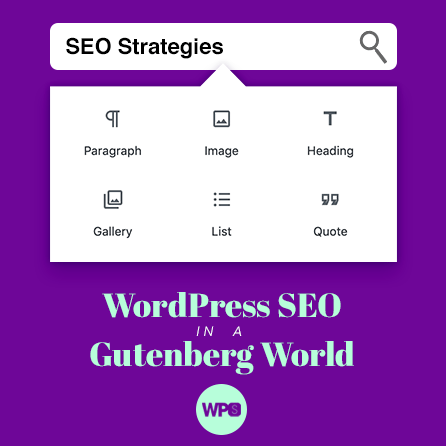
WordPress SEO in a Gutenberg World
The Gutenberg project gives us the block editor. Blocks can be very powerful things, that add functionality, design options, and, from an SEO perspective, metadata to your pages. Blocks allow us to make something complex, like a job vacancy, with different fields and requirements, into a simple interface. Suddenly we can standardize what these look like, job title, job description, location, salary, etc. all fit into a block or a group of nested blocks. This gives us the ability to mark up those specific sections with Schema, and thus make them very accessible for search engines.
At the same time, Gutenberg also has challenges. If you add 30 different blocks to a site, you’ll need to load the necessary styling and javascript for those blocks on every single page, because you don’t know which blocks are loaded where. Yoast is working hard on making these conditional, so these only load as and when they’re needed. Joost will show what progress has been made and how it’s going to work.
What You’ll Learn
- How Schema affects your website’s performance in today’s search results.
- How to use Gutenberg to your site’s (SEO) advantage.
- Which SEO basics you still shouldn’t forget about.
- How to prevent your site from slowing down in a Gutenberg world.